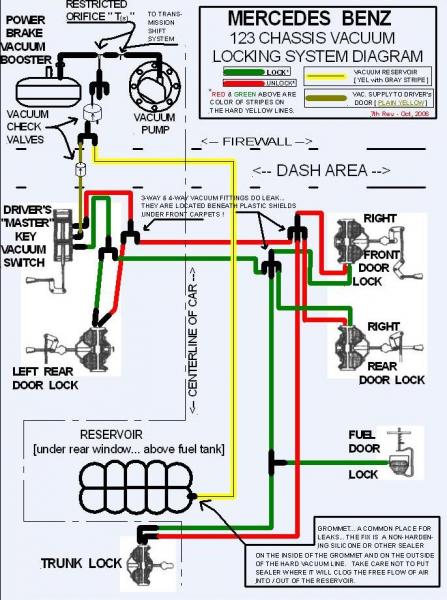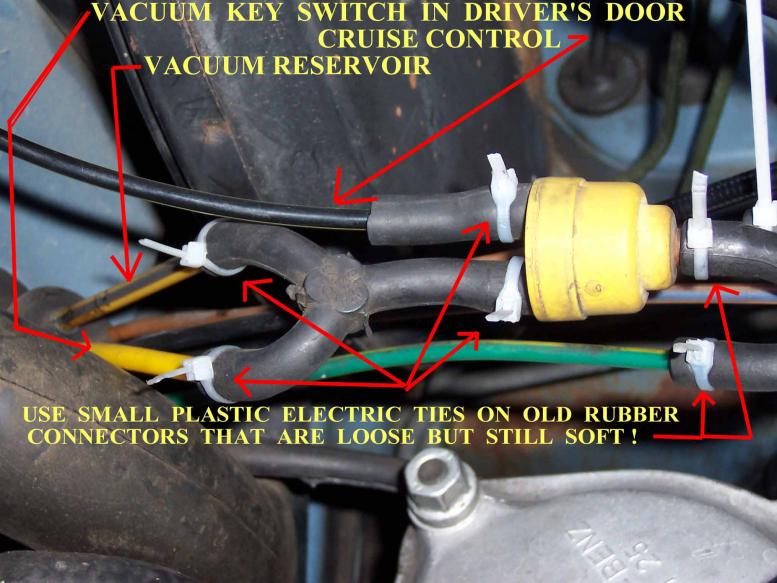1981 240TD auto with 75K miles.
The master cylinder is new-ish and the front calipers and pads are brand new and the rears have been overhauled.
Engine off, press the pedal and it is hard. Start and it descends slightly.
Sometimes when driving, the pedal movement will go from hard to very soft with a lot of travel. Pumping restores it a bit. If I press the pedal hard at a standstill and then move off and brake, it brakes well. Then once it has braked once the pedal will be hard but the braking very poor.
With this information, where would you start to diagnose things?
It doesn't sound like it needs bleeding since it was recently done anyway. There are no visible leaks. The sudden softness and brake travel is unnerving to say the least.
Brake power assist unit? Master cylinder?
Thanks for any pointers. I found out about this on the way to an MOT test after doing some emergency braking to test things out on the way..
The master cylinder is new-ish and the front calipers and pads are brand new and the rears have been overhauled.
Engine off, press the pedal and it is hard. Start and it descends slightly.
Sometimes when driving, the pedal movement will go from hard to very soft with a lot of travel. Pumping restores it a bit. If I press the pedal hard at a standstill and then move off and brake, it brakes well. Then once it has braked once the pedal will be hard but the braking very poor.
With this information, where would you start to diagnose things?
It doesn't sound like it needs bleeding since it was recently done anyway. There are no visible leaks. The sudden softness and brake travel is unnerving to say the least.
Brake power assist unit? Master cylinder?
Thanks for any pointers. I found out about this on the way to an MOT test after doing some emergency braking to test things out on the way..



